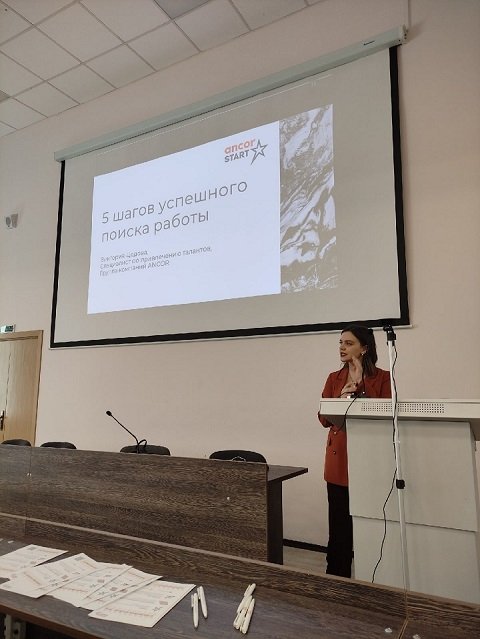О
П
Д
Т
М
К
You're reading
RosNOU holds "Five Steps of Successful Job Search" master class
25 March 2021
Related reading
Pavel Demidov: To really understand Dostoevsky, I had to go to China
First trip abroad, great love and specifics of red tape in China – RosNOU’s graduate, who works for a major Chinese company, shares his story of finding a path to success.
Best private university in Russia
RosNOU is named the best university in the private sector of higher education
RosNOU and University of Tuscia to launch double degree Master’s program in Economics
The language of instruction at the program will be English. Students of the two universities will also be able to study disciplines that are not on the curriculum at the receiving university in Russian and Italian languages respectively.
Adindex: «Students are our future employees»
Adindex publishing house told RosNOU students about the opportunities to start a career
First-hand experience: how to live and study in the new academic year
Interview with the Rector of RosNOU
